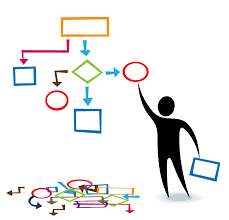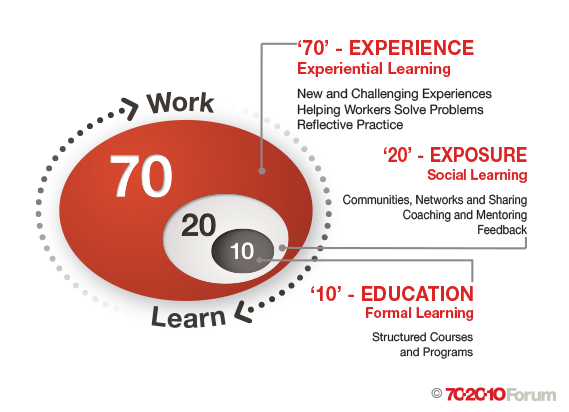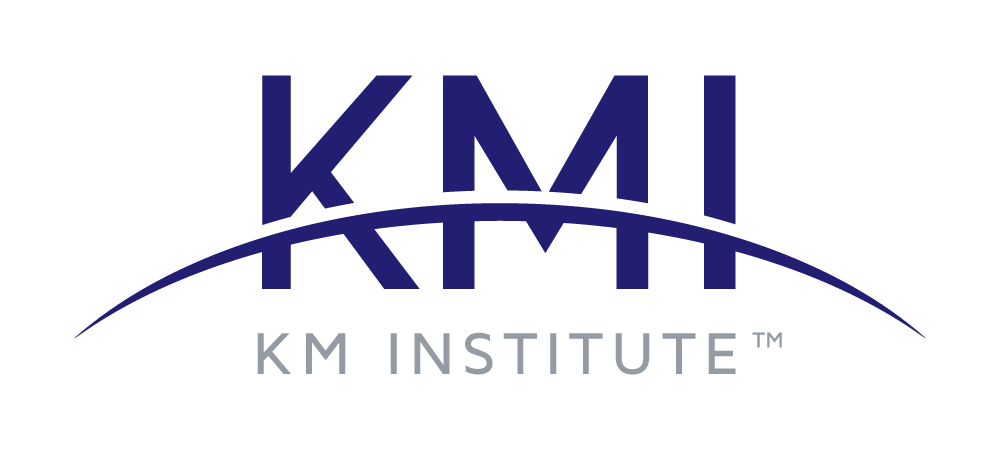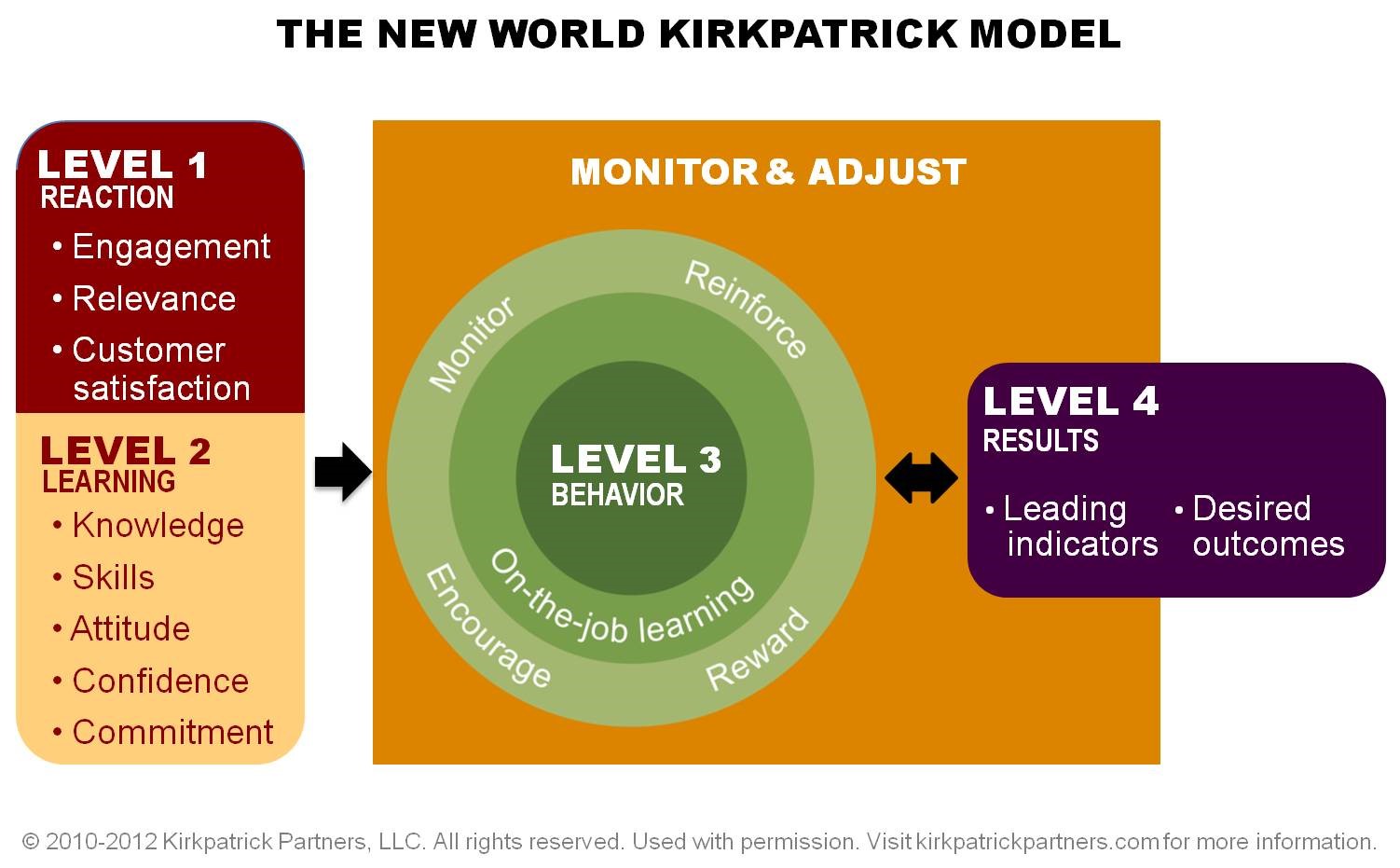INFORMATION MODELLING TRAINING COURSE
Overview
A doctor needs to understand human anatomy as well as physiology to be able to detect and treat diseases. Similarly a knowledge management practitioner needs to understand how information is put into context and the nature of information flows in an organization. This helps such a person develop a framework that enables him or her to map knowledge flows.
Developing such a framework that includes knowledge rather than information helps identify what knowledge is available and what knowledge is missing so that gaps in knowledge flows are better identified. The process of identifying the gaps in knowledge flows is called information modelling
Knowledge Mapping

Information Modelling

Through a process of information modelling, it becomes possible to identify what knowledge is available and what knowledge is required to either improve a process, solve a recurring problem or seek better marketing opportunities
We have the required expertise to develop suitable knowledge maps as well as undertake information modelling to enable your company manage its knowledge assets better. For us to understand how to help you better, please provide basic information by clicking here
TERMINAL OBJECTIVE
-
To conduct a detailed analysis of different personas in the organization, along with their information and knowledge requirements.
-
To gather information on the flow of information and knowledge, the key bottlenecks, and use the same for information modelling within MCMC, including defining the different kinds of repositories required.
MODELS / TOOLS PROPOSED

Discussion

Online Survey

KM infrastructure assessment
FAQ & FURTHER INFORMATION
The 70:20:10 Model for Learning and Development has been found to be most effective within the training profession to describe the optimal sources of learning aimed at developing work based competencies. It holds that individuals obtain 70 percent of their knowledge from job-related experiences, 20 percent from interactions with others, and 10 percent from formal educational events.
Based on this model, we propose that the Fundamentals of Project Management course be structured along similar lines. It is proposed that it is undertaken in stages. These stages will include awareness stage, appreciation stage and application stage.




